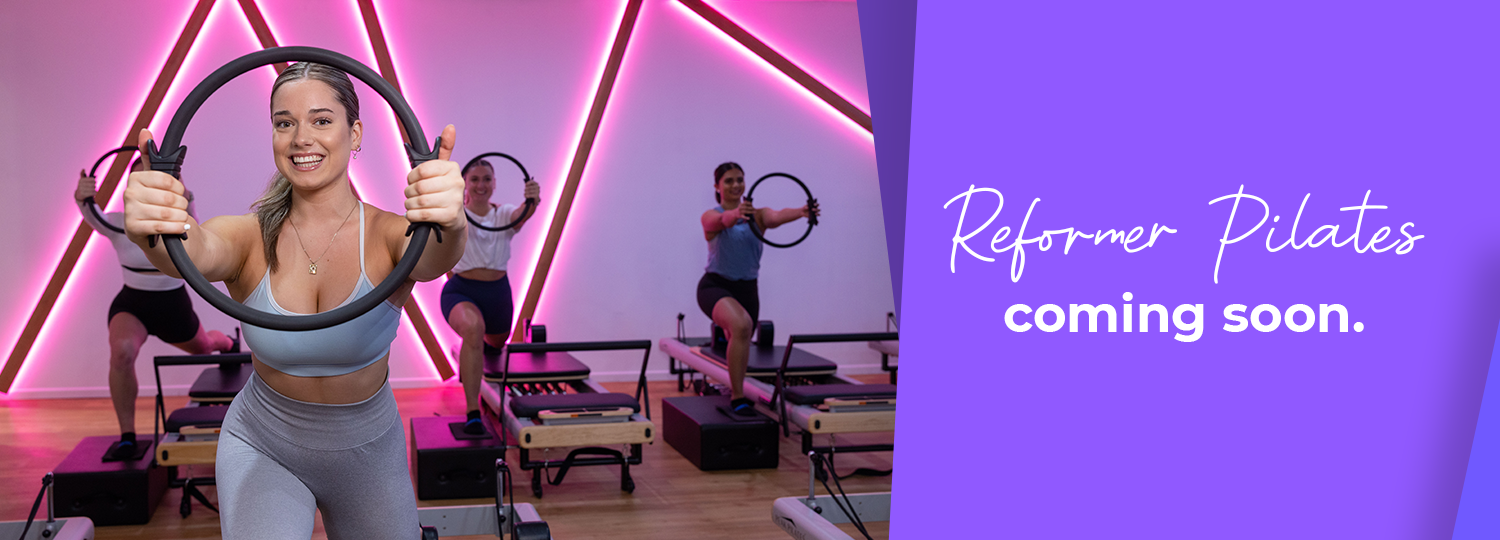9 Steps To Improve Your Body Image
“To me beauty is about being comfortable in your own skin. About knowing and accepting who you are.” – Ellen DeGeneres
How often have you uttered the words, “Does my bum look big in this?” Women all over the world ask this question on a daily basis, a question that should never be answered... or answered very carefully if the man in the conversation wants to remain standing!
When an inappropriate emphasis on body image exists, a range of physical and psychological consequences can occur. Examples include poor diet, self-loathing, seeking of plastic surgery and the development of such disorders as body dysmorphia, anorexia nervosa and bulimia.
The problem is many believe that society equates beauty with success and if you do not conform to the ideal, you will never get anywhere. This social pressure is further complicated by the current obesity problems existent in our society. These are partly attributed to changes in lifestyle and the availability of, for example, processed food. Poor body image is often associated with reduced quality of life and low self-esteem.
The following nine steps aim to improve the way you feel about yourself.
1. Listen to your self-talk
This is the running stream of thoughts in your head. Are you saying negative things to yourself when you look in the mirror? This happens automatically for many people without them even realising. It’s difficult to feel fabulous when you criticise specific body parts and yourself as a whole each time you glance at your reflection. Challenge this negative self-talk. Dispute all the negativity.
2. Focus on positive aspects of your appearance
There have to be at least a couple! Mention these to yourself before you allow your mind to travel to the negative unhelpful thoughts.
3. Explore what you are actually saying to yourself
Is your body dissatisfaction really about other stuff going on in your life? Explore this, with help if necessary, and see if you can deal with the pressing concerns.
4. Seek assistance
Friends, partners and/or professionals can be very helpful.
5. Be kind to yourself
Get plenty of rest, exercise, water and healthy food. Treat yourself with the same respect and kindness you would give a close friend.
6. Enjoy your body – everybody is unique
Bodies naturally come in different shapes and sizes.
7. Be realistic
Remember that there are over seven billion people in the world and only 20 of them are supermodels!
8. Make a list of your core values
Endeavour to focus on these rather than berate yourself for your perceived imperfect body.
9. Improve your self-esteem
This usually requires effort and time but it is never too late to start. Body image is associated more with self-esteem and self worth than how one actually looks in the mirror or the number on the scales. It is helpful for people to accept themselves as they are and focus on their positive attributes.
If you or someone you know is having noticeable difficulty with body image, please consider accessing professional support. For example, speak to your general practitioner or to a psychologist. The Butterfly Foundation is an organisation that provides particular assistance for people and families affected by eating
disorders. They can be reached at www.thebutterflyfoundation.org.au.
Category List
franchise (3)
training (4)
business (2)
Workout (2)
Group (2)
productivity (1)
recipe (1)
nutrition (51)
Gym (5)
challenge (4)
fitness goals (3)
strength (1)
Community (12)
Beginner (3)
gym owners (2)
Exercises (2)
self care (2)
group training (1)
transformation (1)
Fitness (129)
Weight Loss (41)
Health Advice (2)
Strength and Tone (54)
Yoga (3)
lifestyle (11)
news (1)
reformer pilates (4)
Genesis Ballarat (1)
food (8)
genesis community (5)
Find Your 30 (30)
wellbeing (2)
weight loss transformation (1)
Press Release (14)
genesis team (3)
health (85)
Programs & Products (1)
Your New Beginning (11)
wellness (66)
Plank (1)
Fitness Solutions (19)
Rehabilitation (1)
competition (2)
reformer (2)


